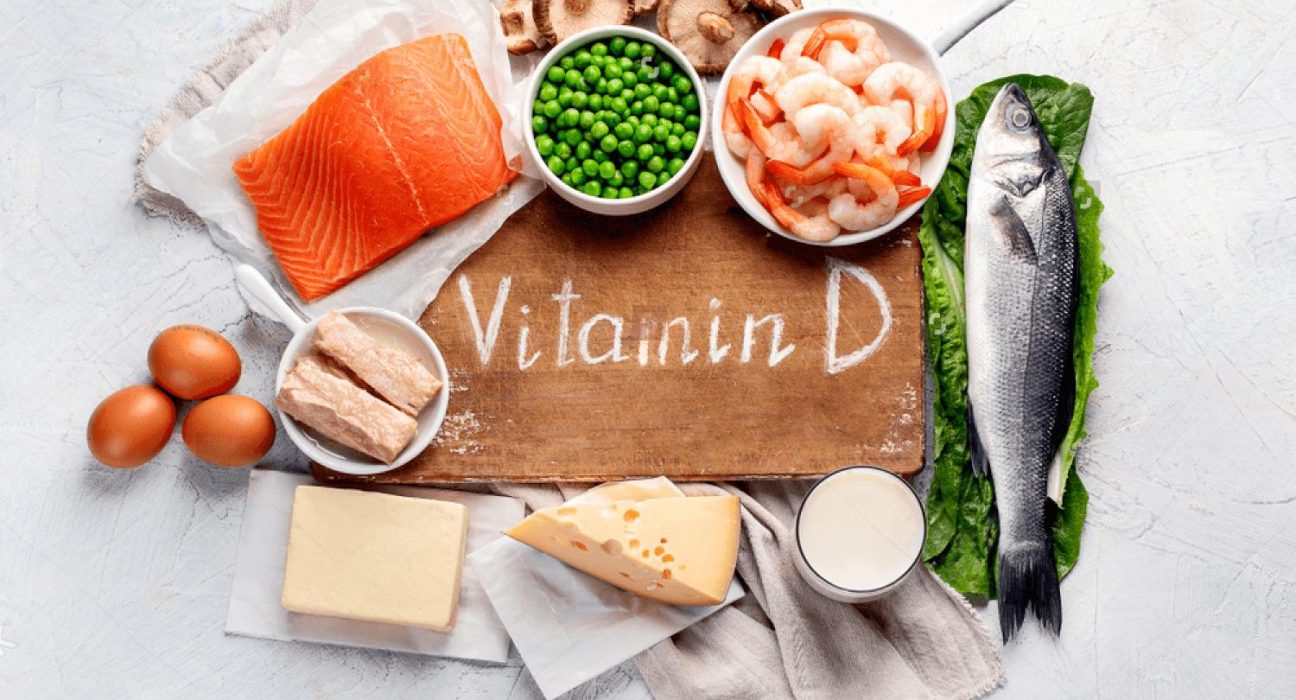Introduction
Vitamin D deficiency is a significant concern for pregnant women, impacting both maternal and fetal health. As vitamin D plays a crucial role in maintaining bone health, immune function, and overall well-being, its deficiency during pregnancy can lead to serious complications. Expecting mothers need to be vigilant about their nutritional intake to ensure both they and their babies receive the essential nutrients required for a healthy pregnancy. This article explores the complications associated with vitamin D deficiency during pregnancy, highlights key dietary sources of vitamin D, and offers practical advice on how to achieve adequate levels through diet and lifestyle changes.
1.Complications of vitamin D deficiency in pregnancy
Vitamin D deficiency is common in women during pregnancy. Due to its deficiency, the following are the problems that the mother and baby may go through.
1. Complications during childbirth
2. Severe weakness in the mother’s bones
3. Danger to the life of mother and child during birth
Women will be well aware that during pregnancy, the baby is consuming half of the nutrients from the mother’s body. Which means the mother needs twice as much nutrition. The chances of vitamin D deficiency increase in the early stages of pregnancy. This deficiency can be made up through diet.
2.Foods that compensate for vitamin D deficiency
Vitamin D deficiency during pregnancy can be avoided through the following diet.
2.1 egg yolk
Egg yolks are a very useful source of vitamin D. It can be used during pregnancy with doctor’s advice. In many cases, doctors also prohibit egg yolk, but its use is useful in the last part of pregnancy. Apart from vitamin D, egg yolk is also a good source of energy for the body.
2.2 Cow’s milk
Goat’s and cow’s milk are very important for obtaining vitamin D. It is a rich food for the baby as well as the mother. The consumption of milk should be doubled during pregnancy. Goat and cow milk are also beneficial for bones.
2.3 Fatty fish
Plain fish is not as beneficial during pregnancy as fatty fish. Its frequent use maintains the health of mother and child. Also, fatty fish improves blood circulation by heating the body.
2.4 mushrooms
Mushrooms provide vitamin D. In addition, during pregnancy, the amount of cells in the blood of the child and mother also increases.
3.How to get enough vitamin D during pregnancy?
Vitamins and minerals are an essential part of a pregnant woman’s diet. The following dietary and lifestyle changes can be made to combat vitamin D deficiency:
1. At least 10 to 30 minutes of midday sunlight in the sun daily.
2. The diet may include oily fish (salmon, sardines, mackerel, or herring), eggs, mushrooms, or meat.
3. Eat healthy breakfast cereals, bread, cheese and dairy products.
4. Includes taking essential prenatal vitamins as prescribed by doctors.
4.What is the role of vitamin D in the human body?
Vitamin D plays a very important role in the human body. It maintains healthy bones and teeth and protects against inflammation and the body’s immune system. During pregnancy, when the baby is growing inside the mother, vitamins and minerals are needed more. Therefore, a pregnant mother should take special care of her nutrition. A pregnant woman should take her prenatal vitamins and supplements as prescribed by doctors. Vitamin D deficiency can cause harm to both the baby and the mother. Maintain adequate levels of vitamin D through diet, daily exposure to sunlight. Pregnancy is a very sensitive phase. A little neglect can be harmful for both mother and child. At this stage, the mother has a double responsibility.
Conclusion
Vitamin D deficiency during pregnancy poses risks that can affect both the mother and the baby. From complications during childbirth to severe bone weakness and potential life-threatening issues, the impacts of insufficient vitamin D are profound. Ensuring adequate intake of vitamin D through dietary sources, sunlight exposure, and prenatal vitamins is essential for a healthy pregnancy. By taking proactive steps to address vitamin D deficiency, expecting mothers can safeguard their health and provide optimal conditions for their baby’s development. A balanced approach to nutrition and careful monitoring can make a significant difference in the well-being of both mother and child during this critical period.


Leave feedback about this